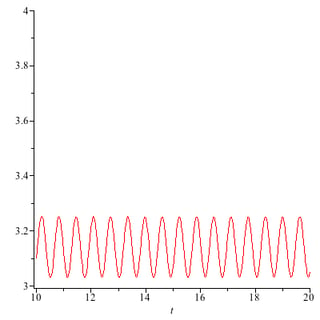Take $x_0=0$, then the integral $$ \int_{-\infty}^\infty \sin\left(\frac{x}{\varepsilon}\right)dx $$ diverges for every $\varepsilon>0$. You can try a principal value for this. There is a whole branch of analysis on "singular integral operators".
Next try $x_0=1$, even the principal value diverges by oscillation: $$ \int_{-t}^t \sin\left(\frac{x-1}{\varepsilon}\right)\;\frac{x}{x-1}\;dx = \cos\left(\frac{1 + t}{\varepsilon}\right) \varepsilon + \text{Si} \left(\frac{1 + t}{\varepsilon}\right) - \cos\left(\frac{-1 + t}{\varepsilon}\right) \varepsilon + \text{Si} \left(\frac{-1 + t}{\varepsilon}\right) $$
Here, $\varepsilon=1/10$:
 $\varepsilon=1/10$" />
$\varepsilon=1/10$" />
